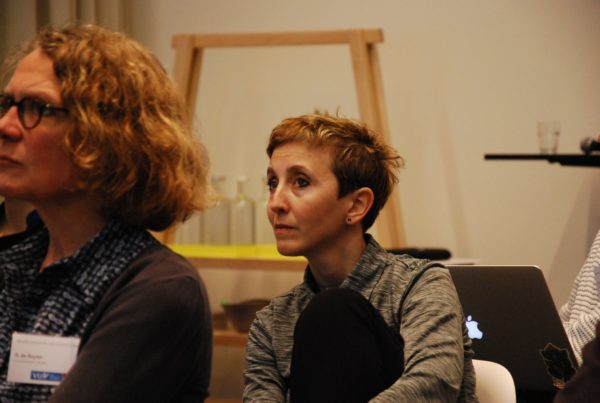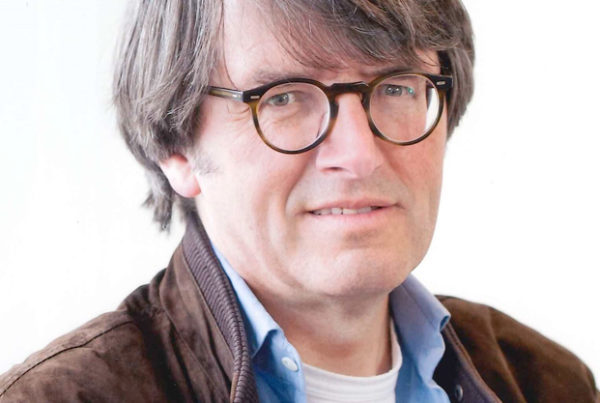From 2013 -2016 we carried out the research project ‘Science beyond Scientism‘.
The central question of the project was:
‘What are the problems of scientism and how can it be overcome?’
To answer it, we worked on three subsidiary questions:
- How does scientism manifest itself in research about free will, rational decision-making, moral character, and religious belief and how does it affect social and professional practices informed by these areas of research?
- How can scientism be analyzed in a philosophically rigorous manner, what are the arguments for and against it, and how good are these arguments?
- What does a non-scientistic framework for integrating scientific knowledge with other sources of knowledge look like?
In succinct form, our answers are:
 I. Scientism manifests itself not so much in the day to day practice of research, but rather in the larger stories that are spun around it in popular science writing. In research about free will, scientism manifests itself in the claim that Libet-type experiments have established that free will is an illusion. In research about rational decision-making it manifests itself in the claim that psychological research has shown that all the reasons that humans provide for their actions are ex post rationalizations. And in research on morality and religious belief it manifests itself in evolutionary debunking arguments, which seek to establish the claims that all our moral and religious beliefs are either false or lacking in epistemic support. One professional practice that we studied quite extensively is the psychiatric practice. We found that scientism runs deeply there. One important factor is the role and function that is assigned to a onesided biomedical approach to disease and illness, which is illustrated (a.o.) by the role of the DSM classification system in psychiatric practice.
I. Scientism manifests itself not so much in the day to day practice of research, but rather in the larger stories that are spun around it in popular science writing. In research about free will, scientism manifests itself in the claim that Libet-type experiments have established that free will is an illusion. In research about rational decision-making it manifests itself in the claim that psychological research has shown that all the reasons that humans provide for their actions are ex post rationalizations. And in research on morality and religious belief it manifests itself in evolutionary debunking arguments, which seek to establish the claims that all our moral and religious beliefs are either false or lacking in epistemic support. One professional practice that we studied quite extensively is the psychiatric practice. We found that scientism runs deeply there. One important factor is the role and function that is assigned to a onesided biomedical approach to disease and illness, which is illustrated (a.o.) by the role of the DSM classification system in psychiatric practice.
II. Scientism is, first and foremost, a normative epistemological view that tells us what we should believe, or when we should believe certain things (although there are several other versions of scientism too). It is, hence, an ethics of belief—one that tells us that we should only believe what our best science tells us. A number of arguments have been given in favour of scientism. For instance arguments from the success of science, and arguments from the alleged epistemic superiority of scientific knowledge. Our research indicates that these arguments are contentious. We have developed a number of arguments against scientism. One of them is that if we accept scientism, we miss out on a wide range of beliefs that we have no reason to think are irrational or irresponsible. Examples include moral beliefs, mathematical beliefs, as well as a particular class of firstpersonal beliefs (such as the belief that one is now suffering from a head ache). Among the other arguments are the argument that scientism refutes itself because it is a doctrine not based on science and the scientific practice itself presupposes that we know certain things from non-scientific sources. Overview ‘Science beyond Scientism’ 2013 – 2016 5 Funded by Templeton World Charity Foundation
 III. We have been searching for non-scientistic frameworks in which to integrate scientific knowledge with non-scientific knowledge. We have explored, developed and applied a number of frameworks: (i) the theoretical framework of what we call the ‘modal aspects’, (ii) the practical modal that we call the ‘normative practice model, (iii) the framework of virtue epistemology, (iv) the framework of consonance (especially applied in the science-religion area), and finally (v) a framework in which science and common sense meet and productively interact.
III. We have been searching for non-scientistic frameworks in which to integrate scientific knowledge with non-scientific knowledge. We have explored, developed and applied a number of frameworks: (i) the theoretical framework of what we call the ‘modal aspects’, (ii) the practical modal that we call the ‘normative practice model, (iii) the framework of virtue epistemology, (iv) the framework of consonance (especially applied in the science-religion area), and finally (v) a framework in which science and common sense meet and productively interact.
Over the years 23 persons have worked in the project, that was directed from out of the Abraham Kuyper Center for Science and the Big Questions, established at Vrije Universiteit Amsterdam.
Three flagship outputs are:
- Jeroen de Ridder, Rik Peels, and René van Woudenberg (eds.), Scientism. A Philosophical Exposition and Exploration. New York: Oxford University Press, 2017.
- Gijsbert van den Brink, Reformed Theology and Evolutionary Theory. Grand Rapids: Eerdmans 2017.
- A successful and well-attended international conference on Psychiatry beyond Scientism, out of which came a special issue of the journal Philosophy, Psychiatry, Psychology, ed. Gerrit Glas.




